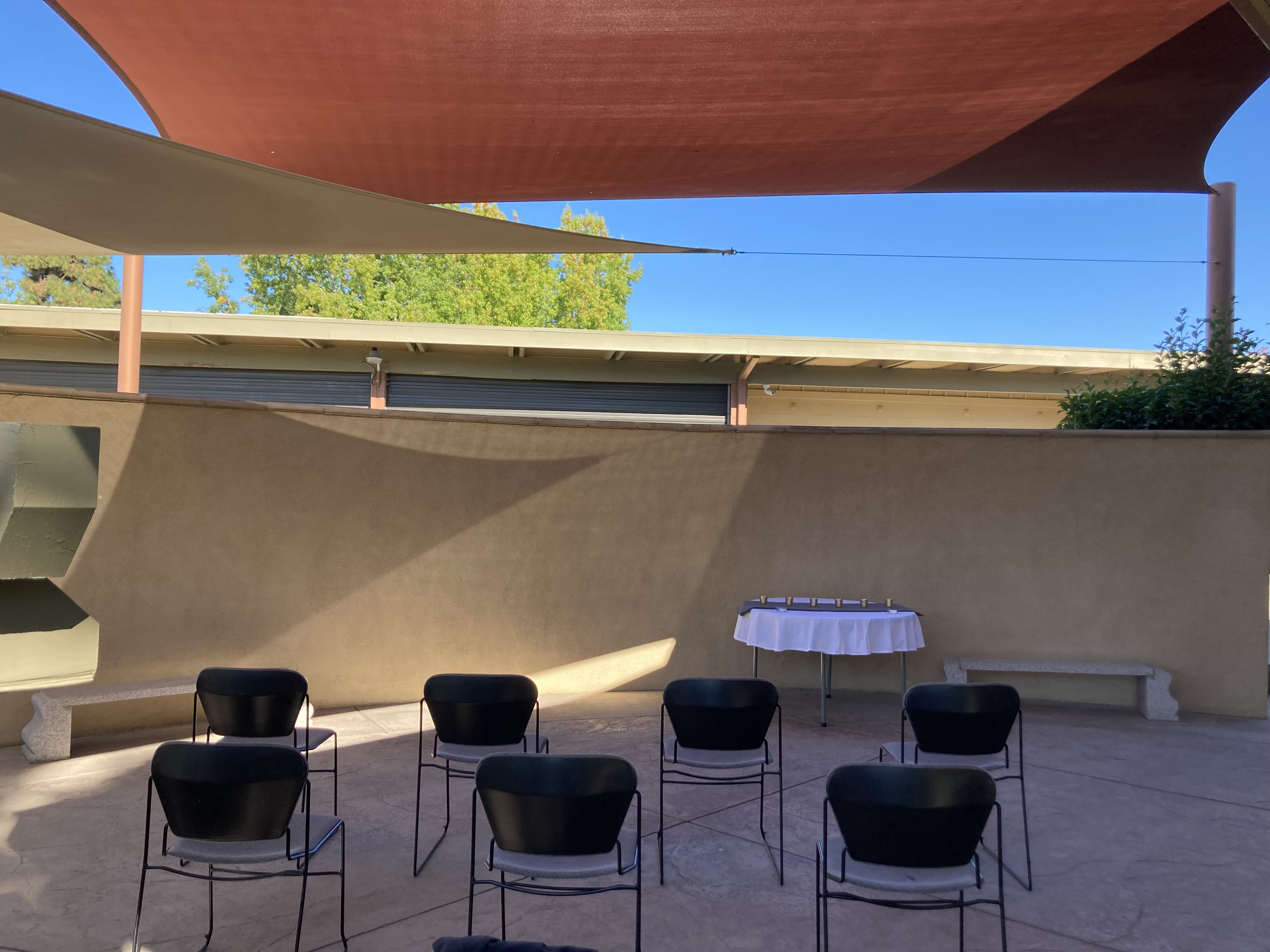The Philosophy of Cremation: Perspectives on Mortality
The Philosophy of Cremation: Perspectives on Mortality
Blog Article

The topic of cremation often evokes deep reflection and varied opinions on its role in our lives and our approach to mortality. As societies evolve, so do the traditions surrounding death and the ways we choose to honor those who have passed. Cremation, once viewed with skepticism, is increasingly embraced as a meaningful and environmentally conscious option for handling remains. In Central Texas, companies like A Plus Cremation are at the forefront of this shift, offering compassionate services that cater to families during their most challenging times.
Understanding cremation is not just about the process; it also invites us to engage with fundamental questions regarding life, death, and what we leave behind. The perspectives on cremation reflect diverse cultural, spiritual, and personal values, each contributing to the broader conversation about mortality. By examining these views, we can gain insight into our relationship with death and the choices we make, highlighting the significance of how we commemorate the lives of our loved ones. A Plus Cremation serves as a pivotal resource in this dialogue, providing support and guidance for families throughout Travis and Williamson Counties and beyond, ensuring that the journey of remembrance is handled with care and respect.
Affordable Direct Cremation Texas
Understanding Direct Cremation
Direct cremation is a straightforward and uncomplicated option for handling the remains of a deceased individual. It involves the cremation process being conducted without any intermediate ceremonies or services, allowing families to focus on their grief without the added burden of planning a traditional funeral. This approach enables families to take their time in deciding how to commemorate their loved ones while still attending to the necessary arrangements following death.
One of the major benefits of direct cremation is its cost-effectiveness. Traditional funerals can be significantly more expensive due to factors such as casket costs, service fees, and venue rentals. With direct cremation, families can avoid these expenses and allocate their resources to other meaningful tributes or memorials. This option empowers families to create personalized celebrations of life that reflect the values and wishes of the deceased.
Moreover, direct cremation provides flexibility regarding final disposition. After the cremation, families have various choices for the ashes, including scattering them in a meaningful location, keeping them in an urn, or even incorporating them into memorial items such as jewelry. This flexibility not only honors the departed but can also facilitate a more personalized process of mourning and remembrance for those left behind.
Cultural Perspectives on Cremation
Cremation practices vary significantly across cultures, reflecting diverse beliefs about death and the afterlife. In many Eastern traditions, such as Hinduism and Buddhism, cremation is viewed as a necessary step in the cycle of life and reincarnation. Hindus believe that cremation releases the soul from the physical body, allowing it to attain moksha, or liberation. This perspective emphasizes the transient nature of life and the importance of spiritual progress over material existence.
In contrast, many Western cultures have historically preferred burial as the primary means of handling the dead. However, this trend has shifted in recent years, with an increasing acceptance of cremation. Factors such as environmental concerns, financial considerations, and changing attitudes toward death have contributed to this evolution. Many families now view cremation as a simple and meaningful way to honor their loved ones, allowing for more personal memorial practices that align with contemporary values.
Religious perspectives also play a crucial role in shaping attitudes toward cremation. Some faiths, like Islam and Orthodox Christianity, maintain strict prohibitions against cremation, viewing burial as a sacred duty. Conversely, other religious groups have become more flexible, recognizing cremation as a viable option that can coexist with their beliefs. This dialogue between tradition and modernity continues to influence how communities approach cremation, revealing a complex interplay of cultural and spiritual considerations related to mortality.
Mortality and Environmental Considerations
Cremation has gained traction in recent years not only as a practical choice for handling remains but also as a more environmentally conscious option. Traditional burial methods often involve the use of chemicals, large amounts of land, and materials that can take decades to decompose. In contrast, cremation offers a way to reduce the physical footprint of the deceased while minimizing the ecological impact associated with funerary practices.
By choosing cremation, families can contribute to a more sustainable approach to mortality. The process requires less land and conserves natural resources, aligning with a growing awareness of environmental issues. Additionally, many cremation providers, such as a plus cremation in Central Texas, offer eco-friendly options that complement the desires of families who wish to honor their loved ones while being mindful of the planet.
Furthermore, cremation opens up opportunities for meaningful memorial practices that are often less constrained by space. Families can choose to scatter ashes in a location that holds significance, creating a personal connection to the environment. This flexibility can contribute to a healing process, allowing for diverse memorial tributes that honor the individuality of the deceased, merging the themes of mortality and Ecology in profound ways.
Report this page